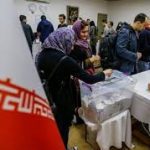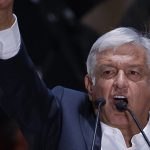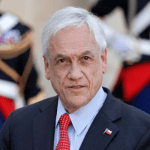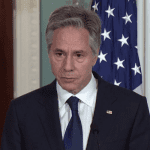Left with choosing from a tightly controlled group of four candidates loyal to the country’s supreme leader, Iranians are voting for a new president, following the death of Ebrahim Raisi in a helicopter crash.
The election which began at 8am are scheduled to close at 6pm local time, but it could reportedly be extended until midnight.
The snap election coincides with escalating regional tension, emanating from the current war between Israel and the Iranian ally, Hamas in Gaza and Hezbollah in Lebanon, as well as increased International pressure on Iran over its nuclear programme.
While the election could bring a major change in Iran’s policies, the outcome could influence the succession to Iran’s 85-year-old supreme leader, Ayatollah Ali Khamenei, who has been in power since 1989.
Vetting the candidates, a hardline watchdog body made up of six scholars and six jurists approved just six of them, from an initial pool of 80. Two contenders s dropped out.
Prominent among the remaining hardliners are Mohammad Bagher Ghalibaf, parliament speaker and former commander of the air force of the Islamic Revolutionary Guard Corps, and Saeed Jalili, a former nuclear negotiator who served for four years in Ayatollah Khamenei’s office.
The sole comparative moderate, Masoud Pezeshkian, is faithful to Iran’s theocratic rule.
Voter turnout has plunged over the past four years.














